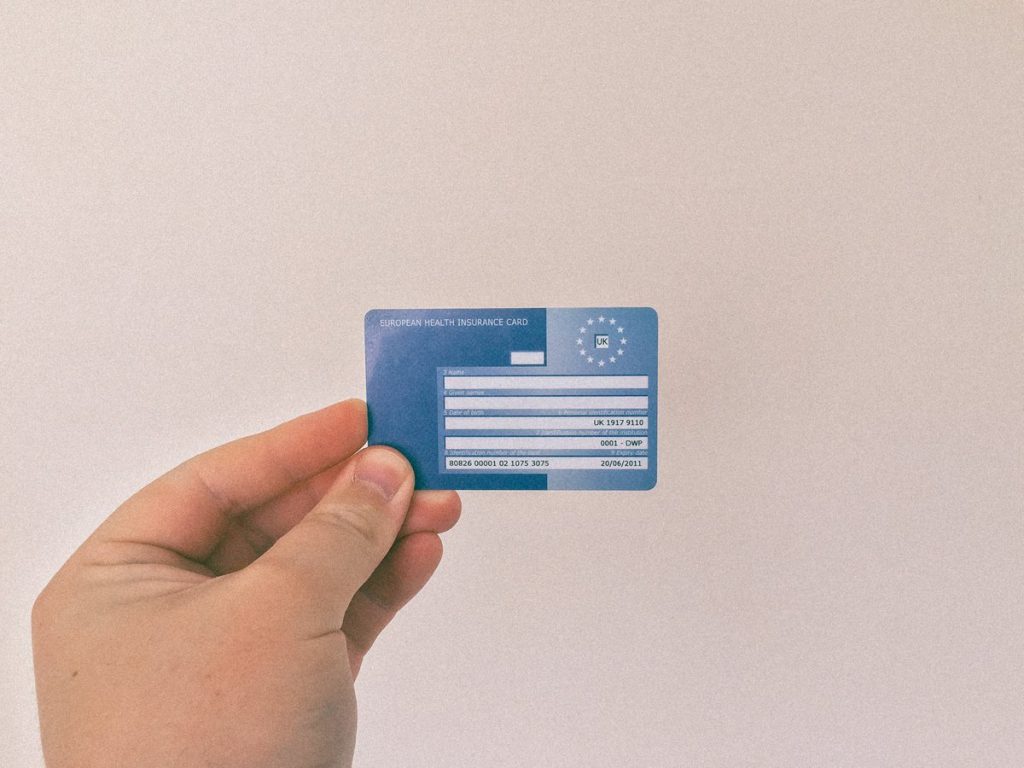There is a much hush-hush about the European Health Insurance Card or EHIC. There are total 32 participating states that avail the benefits of EHIC. Among them, 31 are the member states of EEA (European Economic Area) such as Austria, Belgium, Bulgaria, Croatia, Cyprus, Czech Republic, Denmark, Estonia, Finland, France, Germany, Greece, Hungary, Iceland, Ireland, Italy, Latvia, Liechtenstein, Lithuania, Luxembourg, Malta, Netherlands, Norway, Poland, Portugal, Romania, Slovakia, Spain, Sweden, and the United Kingdom with the addition of Switzerland. 28 are the member states of the EU (European Union), and the rest 4 are the member states of the EFTA (European Free Trade Association).
The European Health Insurance Card is free. It provides the insured people access to the necessary medical treatment during the stop-off in the countries as mentioned above without any or reduced cost. The national health insurance provider issues the card.
The principle
European Health Insurance Card let the people prolong their stay over without returning to their homeland for the needed medical care. The first appearance of the card took place on 1st June 2004. By 1st January 2006, it became the only document of healthcare allowance. EHIC felicitates in the French Overseas Departments who are the part of the EEA like Martinique, Réunion, Guadeloupe and French Guiana.
The Non-EEA Department territories like Aruba, the Isle of Man, Jersey, and French Polynesia are not benefited by it. Distinct agreements have been done to make the card applicable in Greenland and Faroe Islands, in spite of not being in EEA.
The right to avail the healthcare in Europe depends upon the country of legal residential address, and not in the country in which a person held the citizenship.
EHIC replaces specific medical forms, such as
- E111 (tourists)
- E110 (International road haulers)
- E128 (Students plus workers in other member states)
- E119 (job searchers and unemployed mass)
Things to keep in mind
- The European Health insurance Card is not a substitute for the travel insurance.
- It abstains from covering private and personal aspect such as stolen property, loss of possessions, return flight to the land of residence, etc.
- It won’t give any guarantee of free services. Some countries ask for low cost, while some may offer medical treatments without any charge. It depends on country to country.
- It won’t provide coverage to the people who travel to the country solely for the medical care.
- Several sorts of dental treatments may be postponed until the particular person returns to the home country.
Again, the costs that are not secured by the self-liability fees, are settled by the issuing country, mainly the country of residence or the pension providing country.
A twist
Exceptional cases include that even if an individual is covered by an EU country’s health insurance, he/she is not entitled to receive EHIC. For example, in a place like Romania, the entire permanent residents are not insured by health insurance.
Without the European Health Insurance Card or any other arrangement holding the same value, it will become extensively expensive for the UK people suffering from chronic health issues to travel to the post-Brexit EU for treatment and healing.

